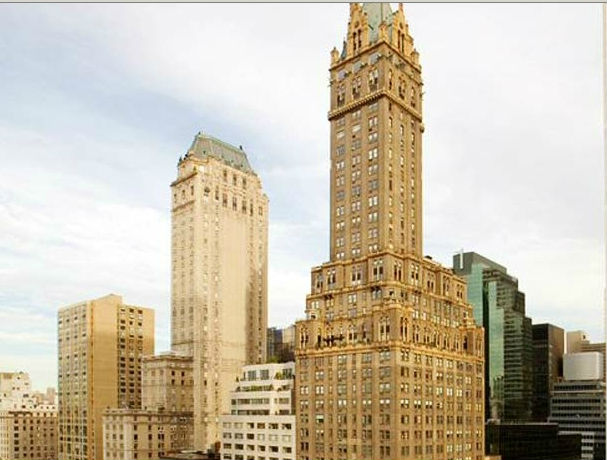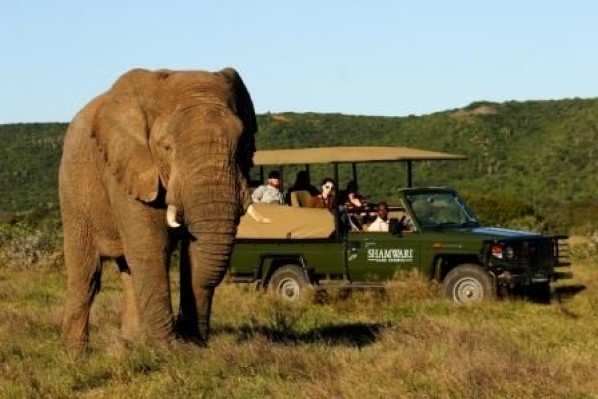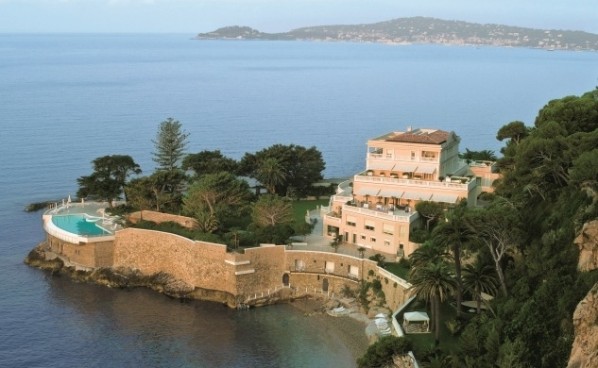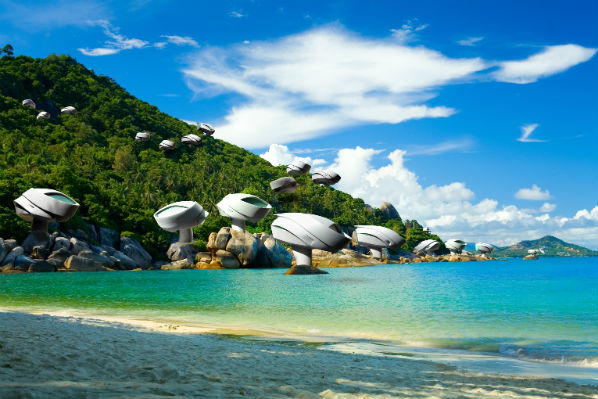BTN Focus: Paul Gardiner, Mantis Collection
The Mantis Group specializes in boutique luxury that aims to conserve a vanishing way of life - a winning formula that is now seeing the South Africa brand expand globally. BTN talks to Paul Gardiner, International Marketing Director, about this expansion into new markets and his view of how hospitality is evolving.
BTN: What is the strategy behind your expansion into Nigeria and how do you see this market evolving?
PG: Nigeria, and in fact the whole of West Africa, are where China and India were 10 years ago – the region is buoyant and full of massive opportunity in many industry sectors. Of course when things are this exciting the demand for hotel accommodation grows, which it has over the past decade. What hasn’t developed is the boutique hotel sector of the market and this is where we see our future. Our strategy is to focus on this sector during this decade – not only in Nigeria, but also in the other West African countries. By establishing the Mantis brand in this region the hope is that the residents in the counties that make up West Africa become future clients at our other boutique hotels, game reserves and eco lodges spread across the world.

(The Sherry Netherland, New York City, has just joined the Mantis Collection)
BTN: How do you think the appointment of Patrick Shorten will help the Mantis brand? And why do think he has enjoyed such a successful hospitality career?
PG: Patrick has over 30 years of experience in the hospitality industry – he’s worked in the boutique and resort sector of the industry within South Africa for most of his career. Patrick sees the move as an exciting opportunity for not only himself but also for Mantis. He’s worked for some leading South African hotel brands and we think he will bring a lot of knowledge and integrity to the Mantis stable.
(Dragon’s Den judge Duncan Bannatyne at Sharmwari)
BTN: You’ve just added New York’s iconic Sherry Netherland Hotel to your collection. How will the partnership help both Mantis and the hotel?
PG: In terms of Mantis we’ve been wanting to establish a footprint in the USA, and New York’s the ideal place to start. We did this in London in 2003 by purchasing the Draycott Hotel and as a result of us establishing this presence in the UK it’s opened up several other opportunities not only in the UK, but throughout Europe. In terms of us helping the Sherry, our clients tend to ask us where we are in the world, they’ve always asked why we are not in New York City – so we can now fulfill this demand.
BTN: What do you look for when adding new property to your portfolio?
PG: The property must be boutique in terms of size, its charm and size, no more than 70 rooms. It must be of a luxury five-star standard. We obviously like the hotel to comply with our green standards, and where they do not we attempt to get the hotel audited and up to speed with this important criteria point.

(The world famous Shamwari Game Reserve epitomises the Mantis conservation principles)
BTN: Which new markets/territories excite you most?
PG: India, we want to develop a tiger lodge.
BTN: Sustainability is a core philosophy of the Mantis brand – what measure do you deploy to minimize your carbon footprint. And how do you see this aspect of the hospitality industry evolving?
PG: We work very closely with Greenleaf, they are a South African based organization that started a mere four years ago. They basically send in a team of auditors to a property to measure their compliance in terms of the green credentials/standards set by Greenleaf. The hotel is acknowledged accordingly. It’s still early days and it’s something that the consumer needs to embrace more than anybody else. Once the consumer begins demanding green accommodation when travelling we’ll see a major shift taking place. At Mantis we’re striving to be ahead of the game for when the consumer decides to make their move – it’s coming!

(Cap Estel Hotel on the Côte d’Azur, France)
BTN: One of the big challenges of hospitality in emerging markets is ensuring a fair distribution of the tourism dollar. Do you deploy any particular measures to ensure this criterion is met, whilst also maintaining the bottom line?
PG: In terms of our flagship property, Shamwari Game Reserve, the strategy deployed over the years has been to plough all profits into further growing the size of the reserve for the benefit of the wildlife and ultimately for the benefit of the community whom rely on the work the reserve provides. The land that made up Shamwari in 1990 before it was converted into a game reserve employed a mere 20 laborers, today the reserve employs over 350 staff, with an incredible multiplier effect beyond the borders of the property. This is one such model; there are many others we have adapted over the years within Mantis.

(Paul Gardiner picks up top honours at World Travel Awards)
BTN: Mantis Collection was voted “Africa’s Leading Boutique Hotel Brand” and “Africa’s Leading Game Reserve Brand” in 2010. What did you do last year to win the recognition of both the travel trade and the travel consumer?
PG: The Mantis brand is an exciting one, we’re on a mission to identify those once in a lifetime experiences – these may include experiencing Africa’s Big Five or the great migration of the wildebeest in Kenya, gorilla trekking in Rwanda, climbing Table Mountain in Cape Town etc, and we’re looking to combine these experiences with a hospitality component. The model we’re adapting will be taken beyond the borders of the African continent and already has – we have the only lodge in Antarctica amongst other new and exciting experiences abroad. We’re going to coin the phrase the “MANTIS BUCKETLIST” and will be launching a “Mantis Passport” which we’ll give to all our loyal customers. When visiting a new property within our portfolio the clients Mantis passport will be stamped by the respective property – this will be linked to a Mantis Loyalty Program due for release in early 2012.
BTN: How would you describe your perfect resort of the future?
PG: Something like this…


